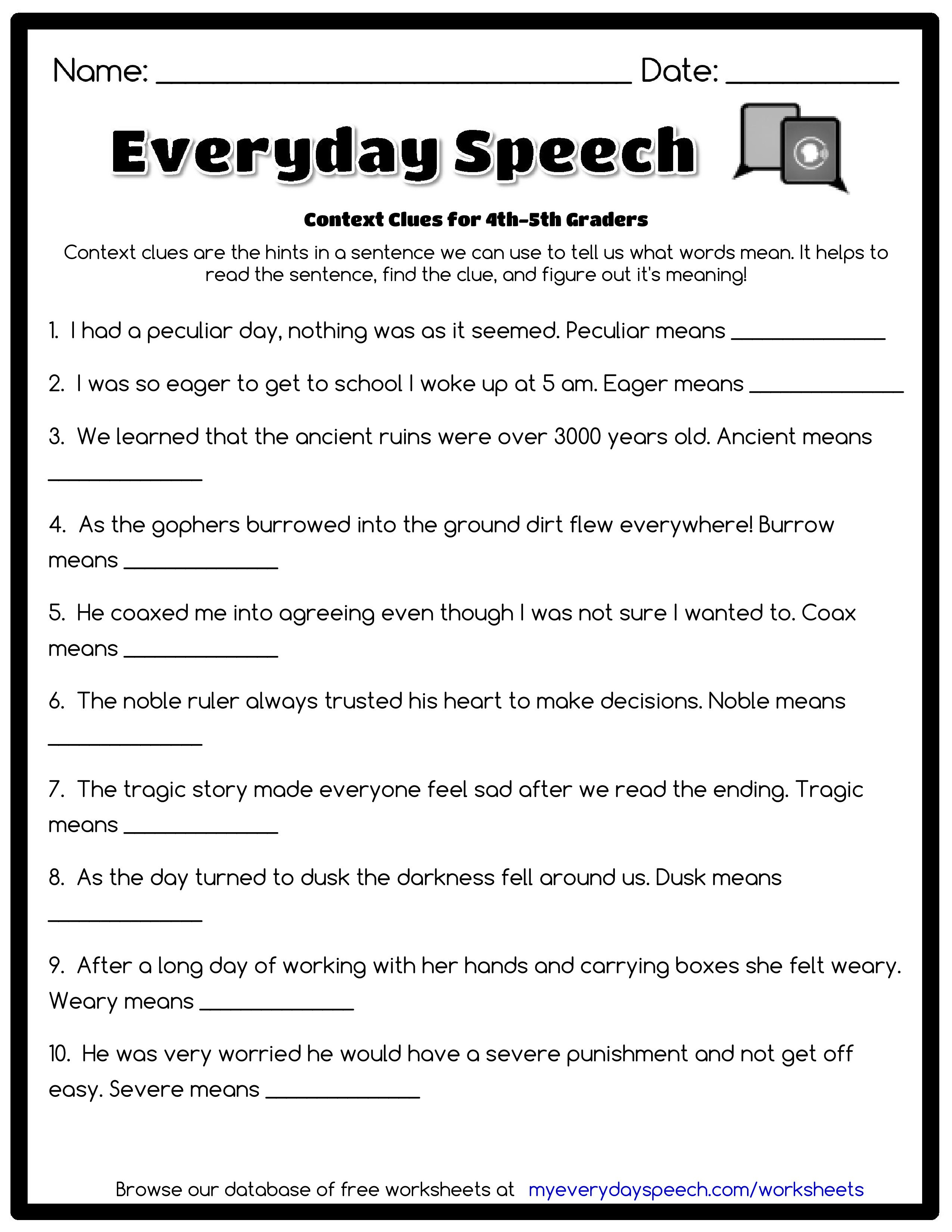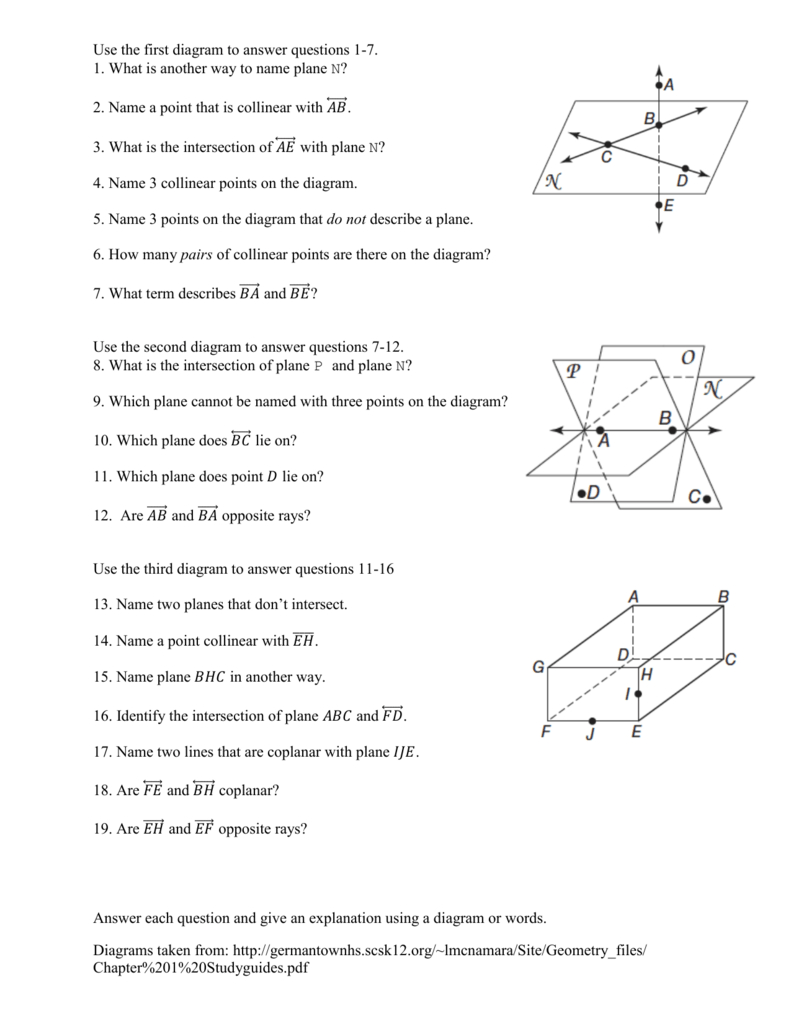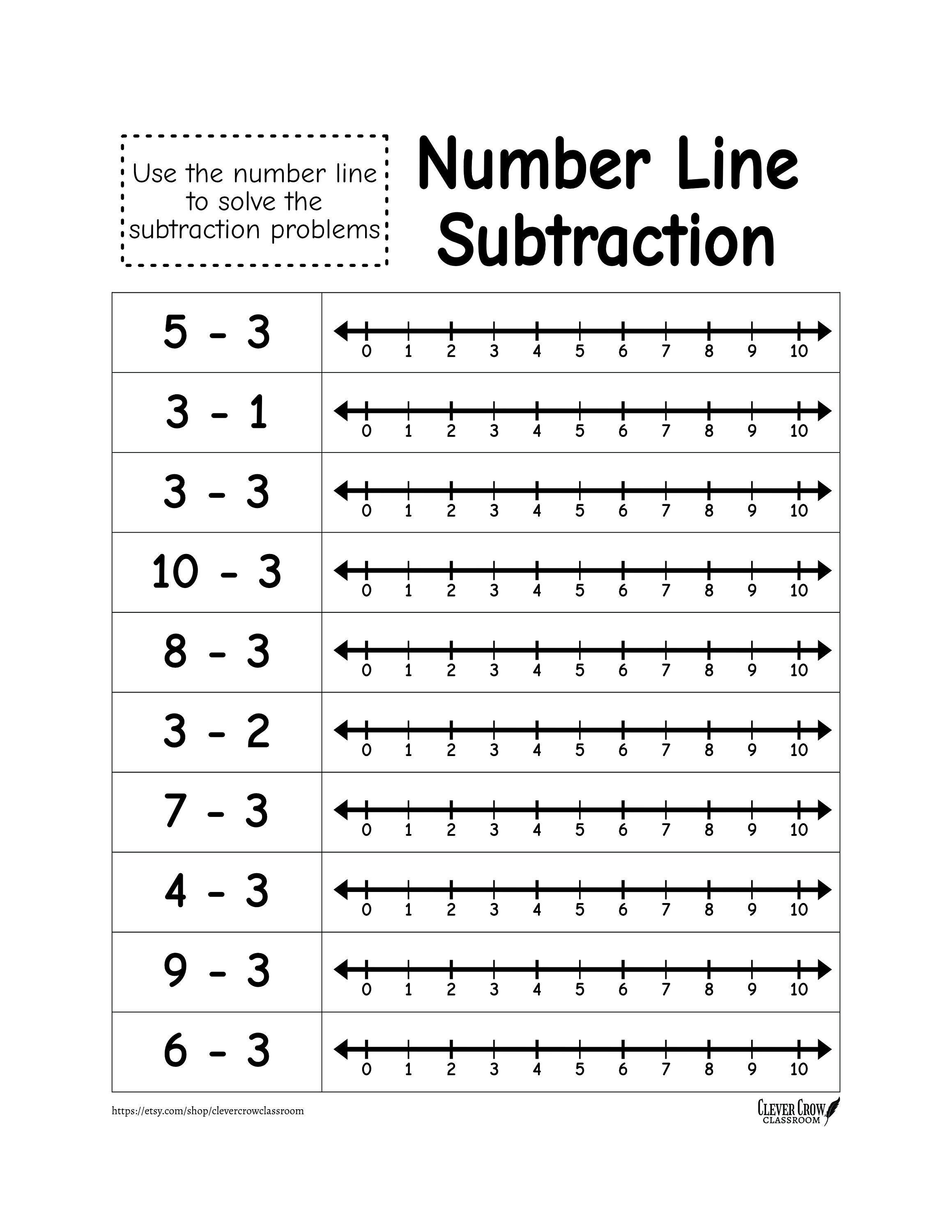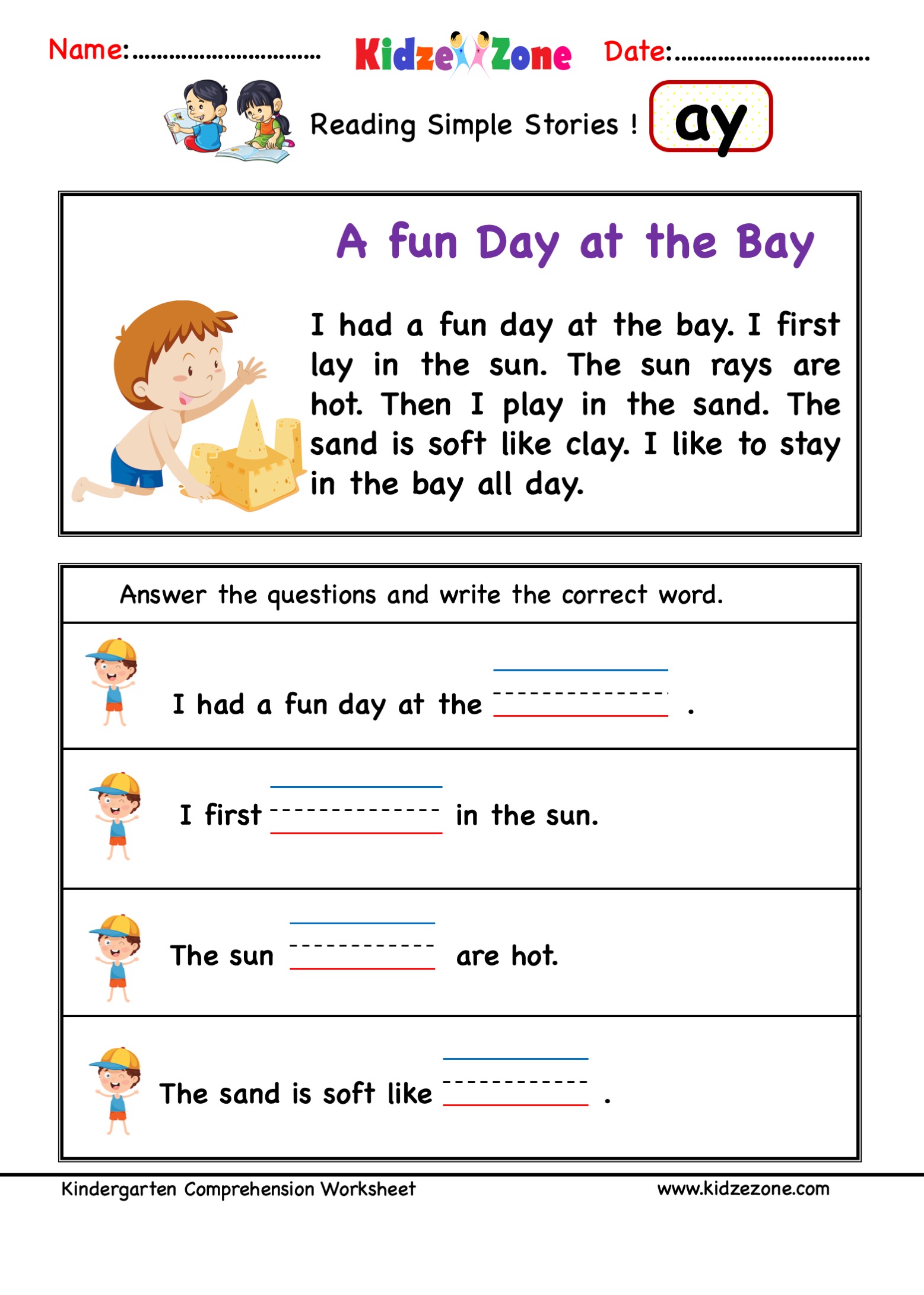5 Free Context Clues Worksheets

Unlocking Meaning: The Power of Context Clues
Context clues are hints that authors leave in their writing to help readers understand unfamiliar words, phrases, and ideas. Mastering the art of using context clues can significantly improve reading comprehension and vocabulary skills. In this blog post, we will delve into the world of context clues, exploring what they are, why they’re important, and providing five free worksheets to help you practice using them.
What are Context Clues?
Context clues are the words, phrases, or sentences surrounding an unfamiliar word or phrase that provide hints about its meaning. These clues can be explicit or implicit and may be found in various forms, such as:
- Definition clues: The text explicitly defines the word or phrase.
- Restatement clues: The text rephrases the word or phrase to help the reader understand its meaning.
- Examples clues: The text provides examples to illustrate the meaning of the word or phrase.
- Comparison clues: The text compares the word or phrase to something familiar.
- Contrast clues: The text contrasts the word or phrase with something familiar.
Why are Context Clues Important?
Using context clues is essential for several reasons:
- Improves reading comprehension: Context clues help readers understand unfamiliar words and phrases, which can improve overall reading comprehension.
- Enhances vocabulary: By learning to use context clues, readers can expand their vocabulary and learn new words in context.
- Develops critical thinking: Using context clues requires critical thinking and analysis, which can improve readers’ ability to think critically.
- Boosts confidence: Mastering context clues can give readers the confidence to tackle challenging texts and unfamiliar vocabulary.
5 Free Context Clues Worksheets
Here are five free worksheets to help you practice using context clues:
Worksheet 1: Identifying Context Clues
Read the following passage and identify the context clues used to define the word “ persevere”:
“As I ran my first marathon, I had to persevere through the pain and fatigue. I kept telling myself that the finish line was just a few miles away, and that thought gave me the strength to keep going.”
- What type of context clue is used in the passage?
- What does the context clue reveal about the meaning of the word “persevere”?
Worksheet 2: Using Definition Clues
Read the following passage and use the definition clue to define the word “ vivacious”:
“My aunt is a vivacious person who always makes an entrance. She is full of energy and enthusiasm, and her laughter is contagious.”
- What is the definition of the word “vivacious” based on the context clue?
- How does the context clue help you understand the word’s meaning?
Worksheet 3: Identifying Restatement Clues
Read the following passage and identify the restatement clue used to explain the phrase “bend over backwards”:
“The hotel staff went out of their way to accommodate our requests. They bent over backwards to ensure that our stay was comfortable and enjoyable.”
- What is the restatement clue used in the passage?
- How does the restatement clue help you understand the phrase’s meaning?
Worksheet 4: Using Example Clues
Read the following passage and use the example clue to define the word “ negligent”:
“The company was negligent in their handling of the crisis. For example, they failed to notify the affected customers promptly, and they didn’t provide adequate compensation for the damages.”
- What is the example clue used in the passage?
- How does the example clue help you understand the word’s meaning?
Worksheet 5: Using Comparison Clues
Read the following passage and use the comparison clue to define the word “ enchanted”:
“The fireworks display was enchanted. It was like nothing I had ever seen before – the colors, the patterns, the sheer magic of it all.”
- What is the comparison clue used in the passage?
- How does the comparison clue help you understand the word’s meaning?
📝 Note: These worksheets are designed to be used in a classroom or tutoring setting. Feel free to modify them to suit your needs.
In conclusion, mastering the art of using context clues is essential for improving reading comprehension, vocabulary, and critical thinking skills. By practicing with these five free worksheets, you’ll become more confident in your ability to use context clues and unlock the meaning of unfamiliar words and phrases.
What are context clues?
+Context clues are hints that authors leave in their writing to help readers understand unfamiliar words, phrases, and ideas.
Why are context clues important?
+Context clues improve reading comprehension, enhance vocabulary, develop critical thinking, and boost confidence.
How can I practice using context clues?
+You can practice using context clues by reading passages and identifying the context clues used to define unfamiliar words and phrases. You can also use the five free worksheets provided in this blog post.



